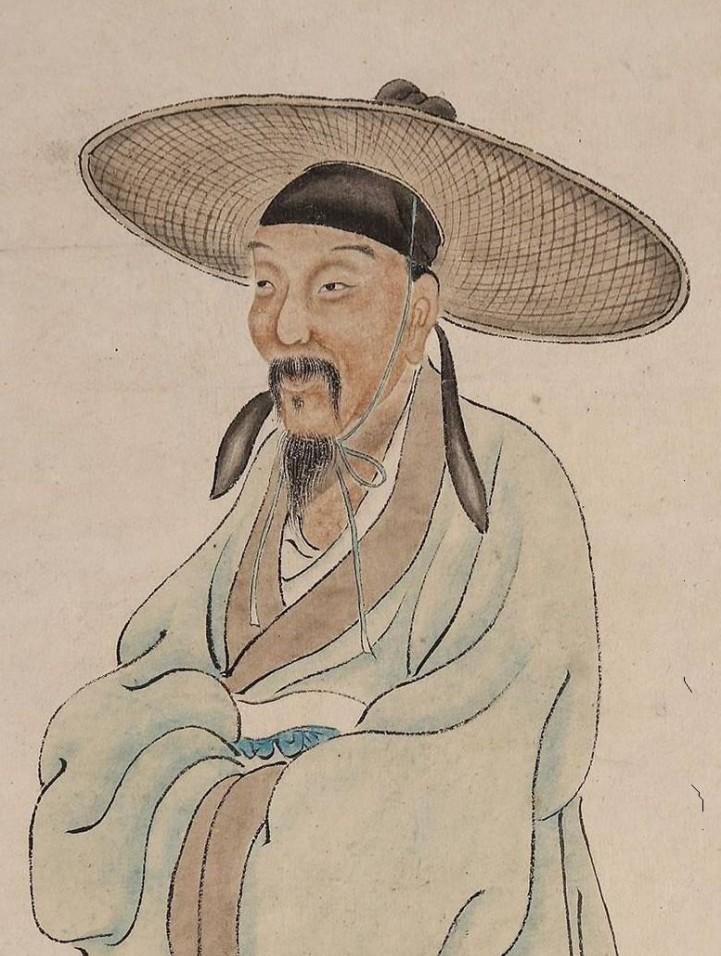The rings of the year are changed, the years are renewed, and today is the last day of the Year of the Ox, which was often referred to in ancient times as "the division of the year", and the last night of the year, known as the "Chinese New Year's Eve". The stars turned, and the ancients would think about social life on the night of Chinese New Year's Eve, so the literati of the past generations left many poems about Chinese New Year's Eve, expressing various emotions to pin the complex emotions of the poets on the day of Chinese New Year's Eve Night. On the last day of the Year of the Ox, we will enjoy ten ancient poems about Chinese New Year's Eve together, feel the essence of mainland culture together, experience the poet's emotions of Chinese New Year's Eve night, and shoulder the heavy responsibility of inheriting mainland culture together.

According to records, there are 108 poems about Chinese New Year's Eve by Tang Dynasty poets and 39 poems Chinese New Year's Eve by Song people, which shows that the ancient literati attached great importance to Chinese New Year's Eve. From the perspective of the surviving works of the ancients, we can glimpse the ancient Chinese New Year's Eve the people's beliefs, folklore and folk customs on this day, and today's modern people still inherit the "keeping the age" and various celebration ceremonies, reflecting a strong cultural heritage. Under so many ancient literati works, the poems about Chinese New Year's Eve are positive, more poems are full of cheerful scenes, and the poetic connotation is full of national cultural connotations and national spirit.
Family reunion and enjoying the joy of family love between relatives is a topic that Chinese New Year's Eve cannot avoid, this emotion is sacred, it is the display of the ancient culture of the mainland, and it can impress all Chinese people. Of course, in ancient times, there were also many literati who could not return to their hometown to reunite with their families for reasons such as making a living, such as: the Tang Dynasty people attached great importance to meritorious names and had lofty ambitions, so on the day of Chinese New Year's Eve, they were still wandering, so homesickness and loneliness poured out from the heart, and poets would pin this emotion on poetry, reflecting the importance of Chinese New Year's Eve to people. Moreover, because on the last day of the Chinese New Year's Eve year, the passage of life makes the poet sad from the heart, thus generating a sense of distress, so the persistence in the pursuit of life highlights the traditional philosophical view of the mainland.
There have been Chinese New Year's Eve throughout the ages, but in different eras, poems about Chinese New Year's Eve reflect completely different colors and feelings. For example, in the prosperous times, it shows the royal style and the prosperous atmosphere, and the colors of such poems are proud of the spring breeze, showing the prosperity and prosperity of the country, and the poetry is full of cheerful and peaceful sides. However, during the decline of the dynasty, the artistic characteristics and emotions of the poems about Chinese New Year's Eve were completely different. The poet describes the scene of decay, everything is withered, the metaphor of the country is about to fall, and because his body has begun to decay, he sees that he is powerless, and a sense of sadness and helplessness arises.
Looking closely at the poems of Tang and Song poets on Chinese New Year's Eve, it is not difficult to find that the poems of the Tang people are more full of heroic and optimistic emotions of life, and there are also sentimental poets who sigh at the brevity of life. The Song people also had no shortage of pride and ambition, but they were different from the Tang people in terms of life philosophy. The Song people have a rational and cherished side, they look at the eternal laws of nature with a rational eye, rather than lamenting because they are not in the face of talent, etc. The Song people show a broad, detached and positive attitude towards life. Therefore, on the day of Chinese New Year's Eve, in addition to the respect for life of the old and the new, the Song people will also think rationally about life, cherish life in poetry, and grasp the attitude of life that is broad and far-reaching, which is worthy of respect by future generations.
Finally, let's talk about a poet who is good at writing Chinese New Year's Eve, he is bai juyi, a great poet of the Tang Dynasty. In his poems, full of thinking about time and life, he laments the passage of time, the aging of the body, and the exclamation of the irreversible law of life of life, old age, illness and death, revealing the color of sadness. However, due to the increase of life experience, he faced all the changes in life with an optimistic attitude, and he could also reflect the side of Bai Juyi. Therefore, Bai Juyi's poems on Chinese New Year's Eve, emotions are multi-angled, feelings are multi-layered, life tragedies and how to look at short life are intertwined, emotional complexity, perfect integration.
On the last day of the Year of the Ox, we have another night of Chinese New Year's Eve, let's look forward together and look forward to a better future. Today, let's enjoy ten ancient poems about Chinese New Year's Eve together, experience the vast culture of the mainland, and at the same time enter the poet's inner world and experience the poet's complex thoughts and feelings on this day.